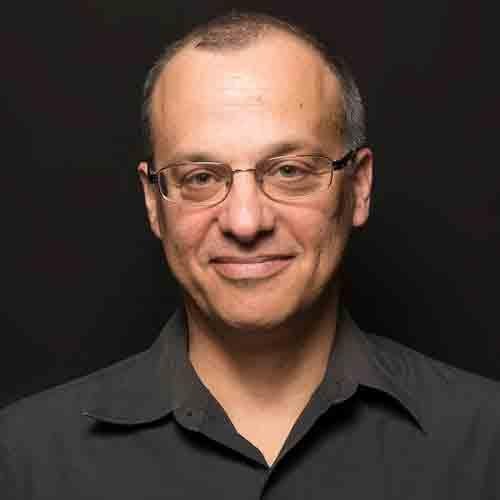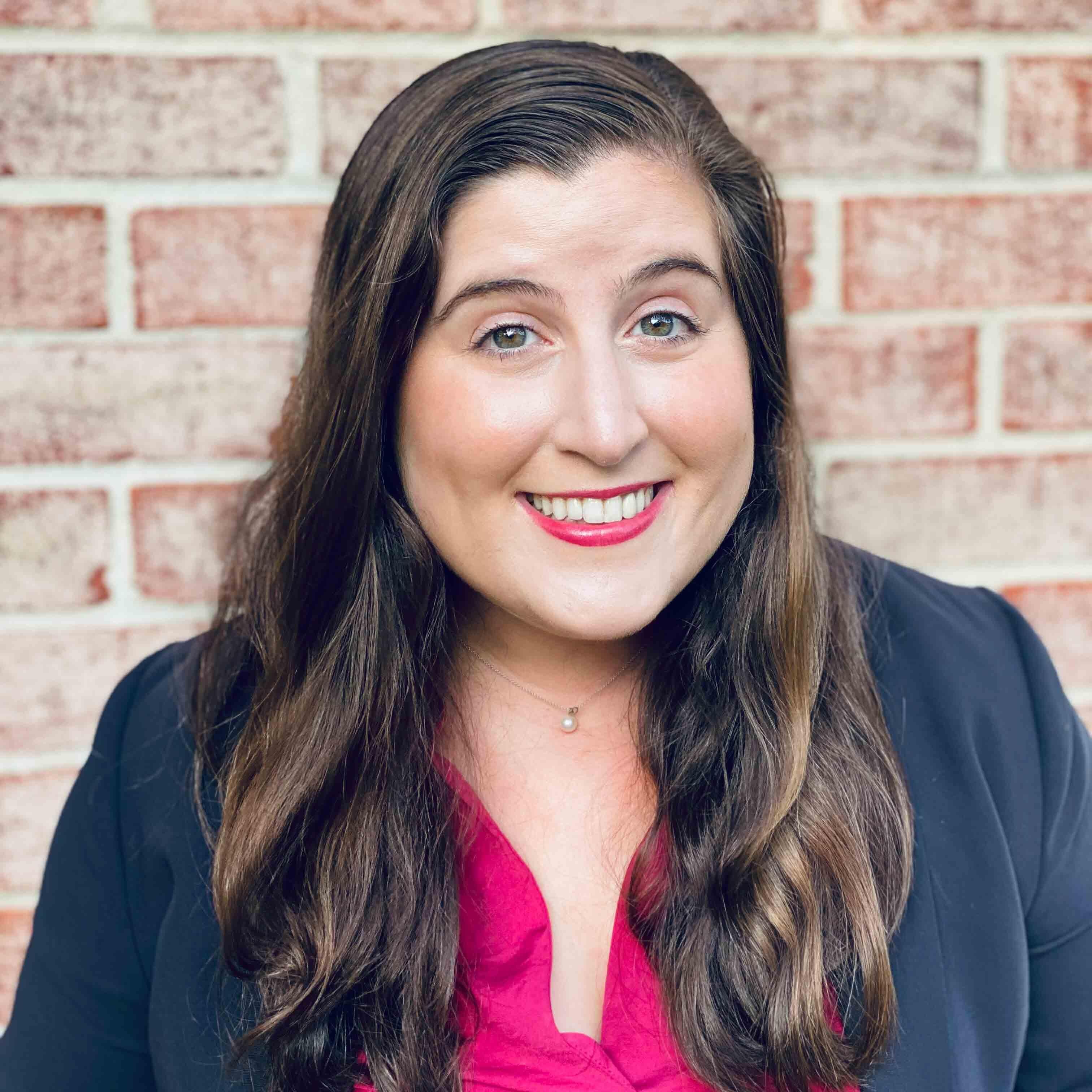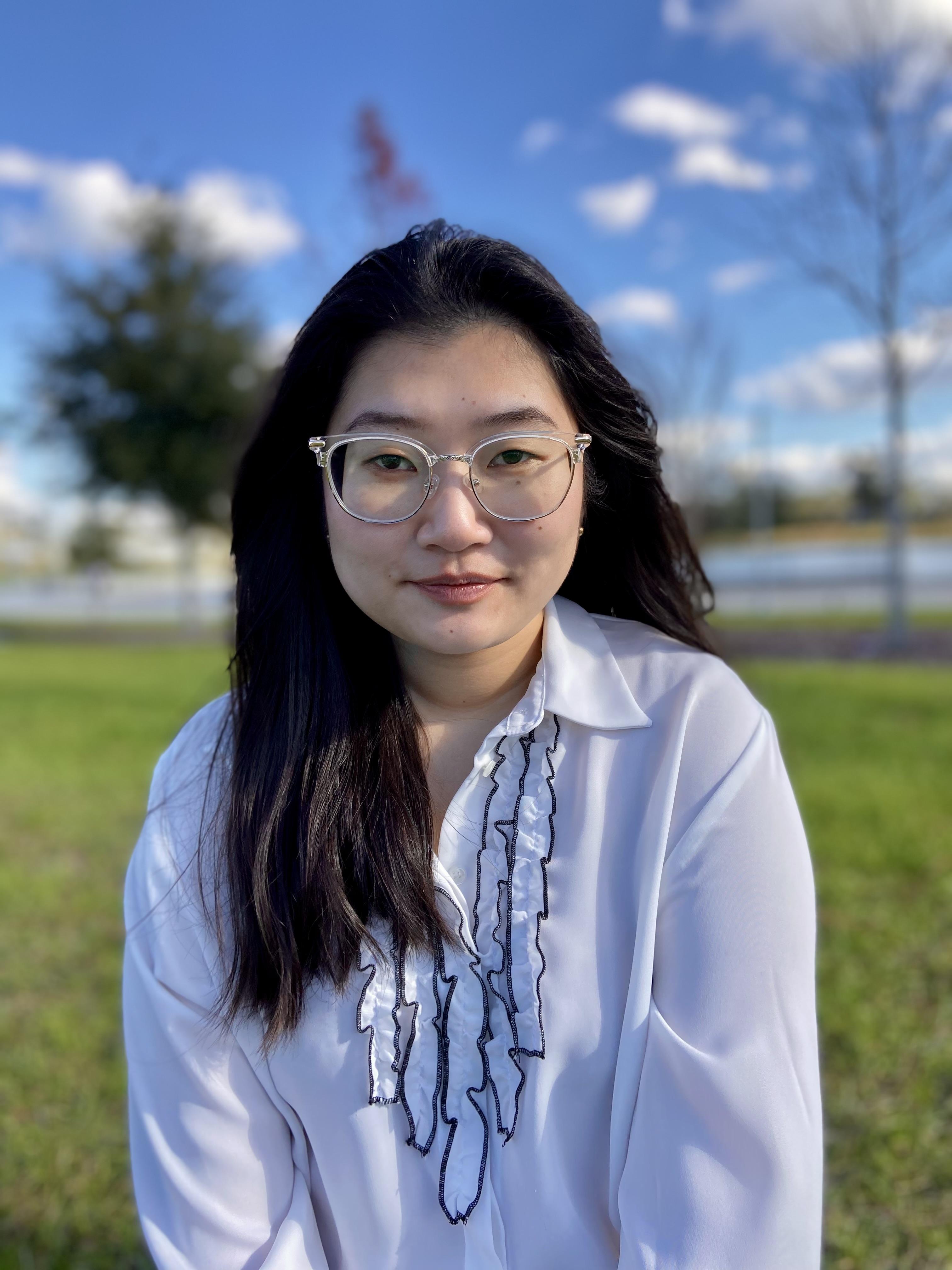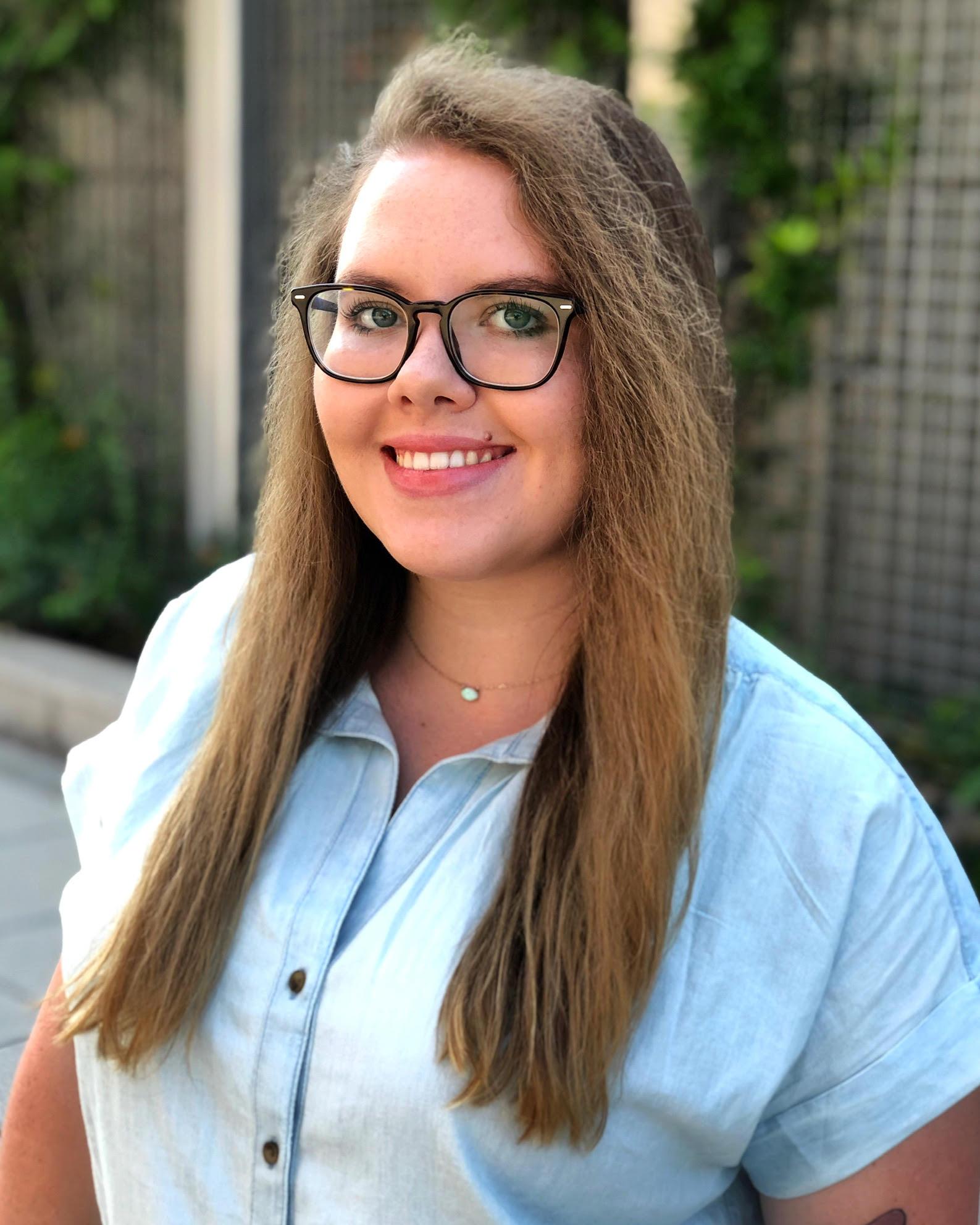Justice and Legal Thought
Analyzing the role of law to advance social justice
Introduction
Law is almost always talked about in relation to justice. Countless examples throughout history show, however, that law not only can be a catalyst for social change—but sometimes an obstacle to it as well.
Justice and Legal Thought (JLT) is an anti-racist program that examines social justice in its relationship to law. It analyzes the connections between law and social justice, challenging students to ask: “What is the right thing to do?” Along the way, students study how people collectively seek to do the right thing through social action.
Using critical thinking, legal analysis and persuasive communication, students:
- Explore the interactions between social movements and law and policy;
- Consider the means by which we can create a more socially just and robustly democratic society; and
- Critically reflect upon law and social justice in practice.
Students, who are taught by faculty in the government, philosophy and history departments as well as law faculty from University of Maryland (UMD) Carey School of Law, will gain research experience and develop important skills in argumentation and problem solving.
JLT welcomes students of all majors who believe strongly in the possibilities of creating change.
Colloquium and Lecture Topics
- What is law? What is social justice?
- To what extent does law advance or impede justice?
- How do substantive law, procedural law, constitutional law and international law interact to promote or compromise social justice?
- What can students do to advance social justice?
My JLT courses on philosophy, social justice and theory taught me the historical and modern context of the criminal justice system. My education from my majors would not have been nearly as colorful and complex if I had not taken JLT courses in complement.
Other Learning Opportunities
UMD's location near Annapolis, Baltimore and Washington, DC, provides unique opportunities for students to investigate justice as it pertains to real-world situations. Students have the opportunity to:
- Take field trips to court rooms, law schools, Smithsonian institutions and the Kennedy Center;
- Participate in dialogue and restorative justice trainings with on- and off-campus partners;
- Volunteer with local and international nonprofits to assist local refugee families; and
- Enjoy access to special events and lectures and networking opportunities with law school faculty through JLT’s close relationship with the MLaw Programs, UMD’s undergraduate law programming.
Students further engage in service-learning experiences and law-related internships of their choice for the practicum requirement. Past JLT students have interned for:
- Members of Congress and the Maryland General Assembly;
- The Office of the Public Defender;
- The Pretrial Services Agency of the District of Columbia;
- The Maryland Coalition Against Sexual Assault;
- The American Civil Liberties Union; and
- Homes Not Borders.
Curriculum Overview
Over the two-year program experience (four semesters), students will complete a 3-credit supporting course that will count toward their JLT Scholars citation. In most cases, this will also fulfill General Education requirements. Note that your Scholars courses—colloquium, practicum and supporting course—will generally be in addition to any courses you take to satisfy major requirements.
The following table represents a typical two-year curriculum, but individual schedules may vary. Details about courses and requirements can be found on the JLT Citation Checklist.
| SEMESTER | COURSES | CREDITS |
|---|---|---|
| Semester 1 | CPJT 100: Colloquium I | 1 credit |
| MLAW 100: Justice and the Law (DSHS) | 3 credits | |
| Semester 2 | CPJT 101: Colloquium II | 1 credit |
| MLAW 150: Law in a Just Society (DSHS, SCIS) | 3 credits | |
| Semester 3 | CPJT 200: Colloquium III | 1 credit |
| Semester 4 | CPJT 230: Internship (DSSP); or CPJT 240: Service-Learning (DSSP); or CPJT 250: Research (DSSP) |
2-3 credits 2-3 credits 2-3 credits |
| Semester 1, 2, 3, or 4 | Supporting Course (var. Gen Ed) | 3 credits |
Sponsoring College
Office Address
1121 Cumberland Hall
Office Phone
Faculty


Justine DeCamillis


News and Notes, Etc.
College of Behavioral and Social Sciences: International Studies and Justice & Legal Thought Scholars Support Recently Resettled Refugee Families, September 2022
The Diamondback: First-ever Refugee Day creates community for refugees, May 2022
Justice and Legal Thought News
Two More Programs Added to Scholars for 2024-25
COLLEGE PARK, MD. – College Park Scholars in Fall 2024 will add two programs to its roster of two-year living-learning experiences for academically talented students, but one will look and sound familiar.Data Justice will debut, and the University of Maryland’s CIVICUS program will relaunch with a new name: Civic Engagement for Social Good.The expansion will bring the number of Scholars programs to a record of 13 and provide 150 additional first-year students with the opportunity to begin their college journeys as members of an intellectually rich and socially vibrant Scholars community.
Philip Merrill Presidential Scholars Program Honors Top Students and Their Mentors
Outstanding graduating seniors at the University of Maryland have analyzed drought patterns, researched diabetes and tutored elementary school students in math. One plans to be an eye surgeon; another, a human rights attorney.
Scholars Celebrates Citation and Founders Circle Award Winners at Annual Ceremony
When the Citation class of 2023 entered the University of Maryland, they were already adjusting to a rapidly changing world being constantly reshaped by the Covid-19 global pandemic. One thing that didn’t change – their commitment to excellence in the classroom. All who successfully completed the requirements of their respective Scholars program received their official Scholars citation. But there were some that went above and beyond the expectations, leaving a lasting impact on the community.
Ready to Roll
The following article originally appeared in Maryland Today: Mid-Atlantic mugginess was no match for Fall Welcome 2023. Undeterred by sticky shirts, the heft of overstuffed suitcases and the complex science of properly loading a dolly, more than 9,600 Terps moved into residence halls from Thursday through Sunday with patience and eagerness. A variety of University of Maryland offices and units then drew them out of their new rooms with a weekend packed with games, Do Good activities, giveaways and other gatherings, all aimed at acclimating them to campus—and each other—before the semester officially starts on Monday.
Practicum Offers Hands-On Ways to Learn About ‘Complicated Issues In and Out of the Classroom'
Incoming students often hear about the various experiences that Scholars take on in their practica–the capstone project or culminating hands-on learning all College Park Scholars are required to complete in their second year. Though specific practicum requirements vary by Scholars program, students are commonly able to meet program needs by engaging in an internship, doing service-learning or conducting research.
Scholars recognizes Citation Class of 2022, Founders Circle Award winners
Students in College Park Scholars’s Citation Class of 2022 began their University of Maryland (UMD) careers in the fall of 2020, under the shadow of the COVID-19 pandemic. They spent their first year almost entirely online: Some Zoomed into their program colloquium from their double-turned-single dorm rooms; others attended virtually from their families’ homes, away from campus.

